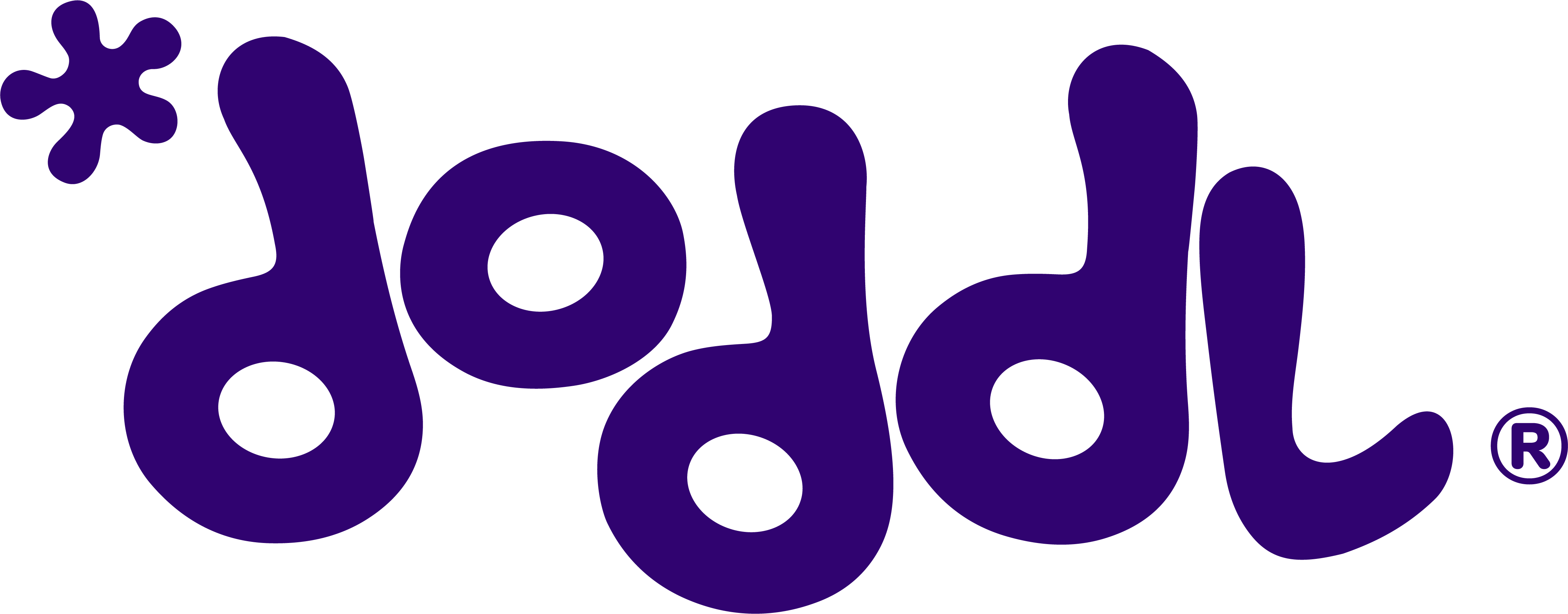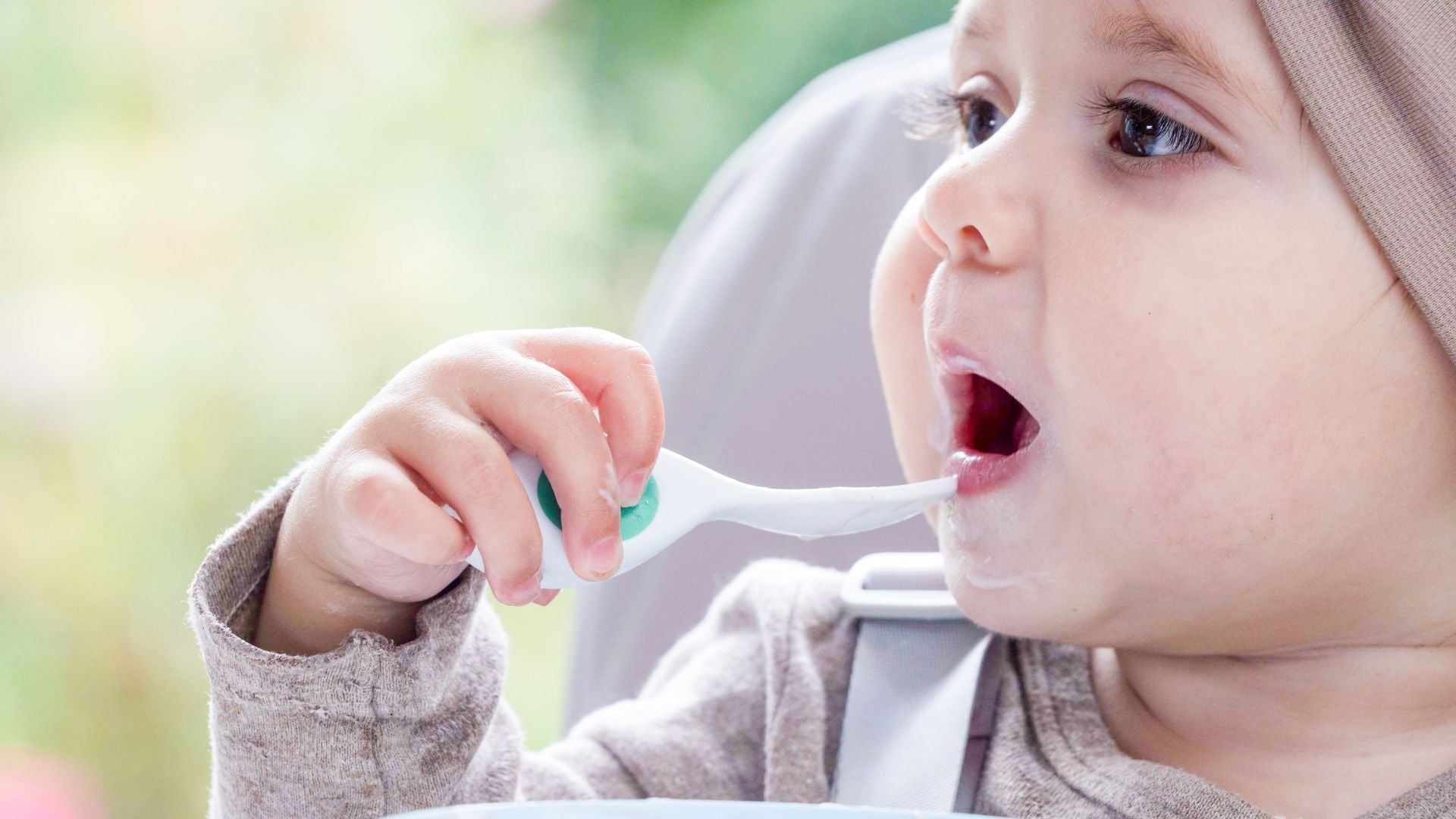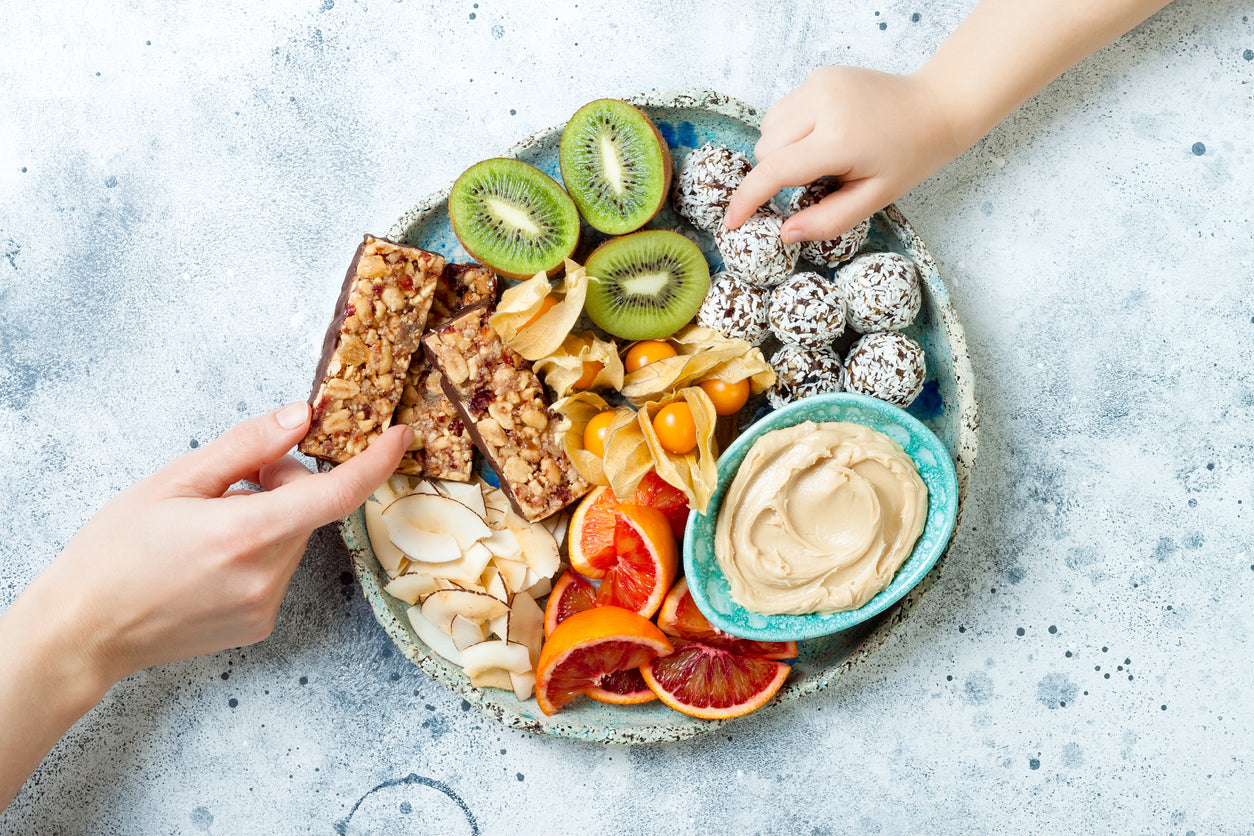Rosie (from Team doddl) had the pleasure of meeting Dr Rebecca John to talk about tooth care tips for toddlers.
Dr Rebecca John specialises in paediatric dentistry at the University of Bristol Dental Hospital.
Here are some top tooth care tips for toddlers, with some insights for helping to keep your little one’s precious teeth in tip-top condition. Good dental care is crucial to not only prevent tooth decay, but also for your child’s overall health and wellbeing.
Some surprising toddler toothcare statistics

Dr Rebecca gave me some eye-opening insights into child dental health issues. I had no idea how high the rates of tooth decay were in young children. Public Health England’s (PHE) 2015 survey reported that a quarter of 5 year olds had tooth decay when they start school. In addition, tooth extraction was the most common reason for hospital admission for children aged 5 – 9 years old! What shocked me even more is that Dr Rebecca said that she usually carries out 7 surgeries a day. And on average extracts 6 teeth per patient! I found this statistic mind-blowing. But what concerned me greatly is that during our conversation it soon became apparent that I was making some key mistakes with my own toddler’s dental care.
I would give my 2-year-old daughter a bottle at night to send her off to sleep. Following my meeting with Dr Rebecca, I immediately changed my toddler’s bedtime routine. She now has a bottle of milk with her bedtime story. When she has finished I (or hubby) give her teeth a thorough clean before she settles down to sleep. Dr Rebecca also gave me some other top tips, such as not to put anything from your mouth into a young baby’s mouth. How many of us have picked up a dummy, sucked it clean and given it to our baby? Or tested our child’s dinner with their spoon to check it's not too hot? It may seem like a natural thing to do, but she warned that by doing these things we are subjecting our little ones’ mouth to a huge bacterial overload. This is something which their saliva and oral self-defences are not equipped to deal with.
Snack choices are importantI thought that raisins were a healthy snack to give my toddler. However I did not realise that they act in a similar way to gummy sweets, by sticking to teeth and with a very high natural sugar content. Dr Rebecca advised that it is best to have dried fruits as part of a meal rather than as a snack between meals. Who knew? It certainly hadn't crossed my mind that raisins weren't a good mid-morning snack!
Top tips for toddler toothbrushing

- Once the child’s first tooth erupts, start tooth brushing at least twice a day.
- Use a soft bristle toothbrush for babies and a medium-texture bristle for older children
- Use a smear of at least 1000pmm fluoride toothpaste for children ages 0 – 3 years and a pea-sized amount for 3 – 6 year olds with 1350 – 1500pmm fluoride toothpaste.
- Brush at least twice per day. Last thing at night just before bed i.e. after the last meal or milk-feed, and at one other time in the day.
- Avoid brushing teeth immediately after meals. Ideally wait 15-20 minutes. Tooth enamel is weakened during a meal and saliva helps to strengthen it again.
- Brush teeth for 2 minutes. It doesn’t have to be in one go, if your child loses interest, take a little break and then try again.
- Brush in circular motions. This is the best method to dislodge and remove plaque.
- Spit after brushing. Rinsing washes away the concentrated fluoride in the toothpaste.
- It is recommended that an adult helps or supervises their children’s toothbrushing until the age of 7.
- Toothbrushes should be rinsed / cleaned after every use.
- Ideally replace toothbrushes every 3 – 6 months.
- Don’t share or transfer bottles, dummies, cutlery etc. from your mouth to your child’s mouth.
The biggest impact on our little ones' teeth is their diet, as sugar in food and drinks are the major cause of tooth decay. Current UK policy guidelines recommend limiting children’s sugar intake to no more than 19 grams a day for 4 – 6 year olds (equivalent to 5 sugar cubes) and advise no more than 3-4 sugar hits a day. If your child has sugary treats, it is better for them to eat these with a main meal, as saliva levels are high, which provides a buffer against sugary attacks!
Food and drink to avoid / limit:
- Soft / fizzy drinks
- Sweetened squash
- Fruit juice / smoothies – limit to 150ml (one portion) per day and ideally drink with a meal to avoid tooth decay.
- Sugary snacks
- Dried fruit should be eaten with a main meal, as it contains natural sugars and sticks to your child’s teeth.
- Liquid medicines can be very high in sugar – it is worthwhile asking for sugar-free alternatives.
Food and drink to encourage:
- Milk and cheese are good to have at the end of a meal, as they help to restore the mouth’s pH balance.
- Water and milk are the only drinks recommended by PHE to have between meals.
- Fresh fruit
The good news is that very early stages of tooth decay can be corrected by brushing with fluoride toothpaste. Also, regular trips to the dentist are essential to help ensure good oral health is maintained. It's also great to help build positive associations with dental check-ups. Happy toothbrushing... it's a doddl!

By Rosie Phelps
The following policy documents and factsheets were used as reference materials for this article 'Tooth care tips for toddlers':
Government Dental Health Policy (Third Edition): Delivering better oral health: an evidence-based toolkit for prevention
Department of Health guidelines




Leave a comment
This site is protected by hCaptcha and the hCaptcha Privacy Policy and Terms of Service apply.